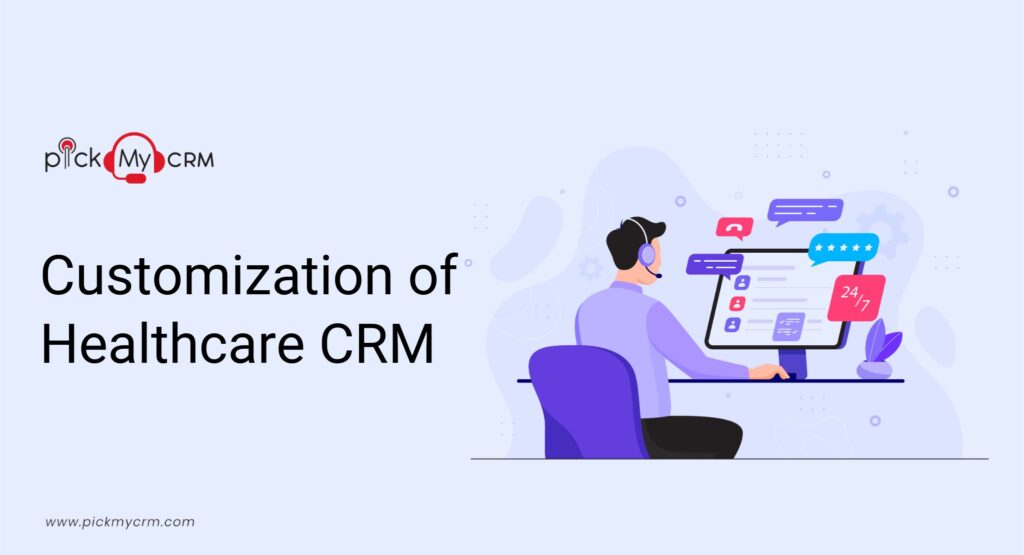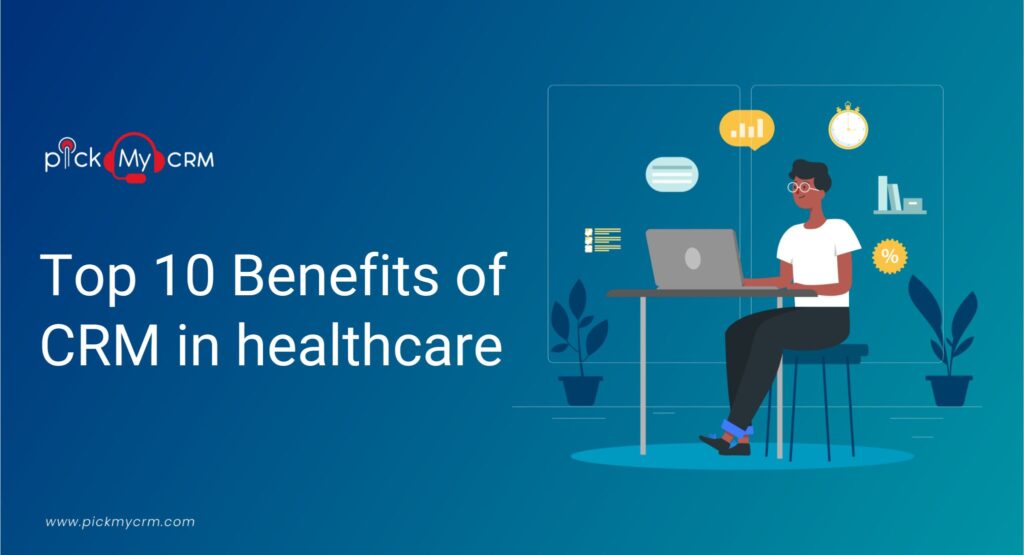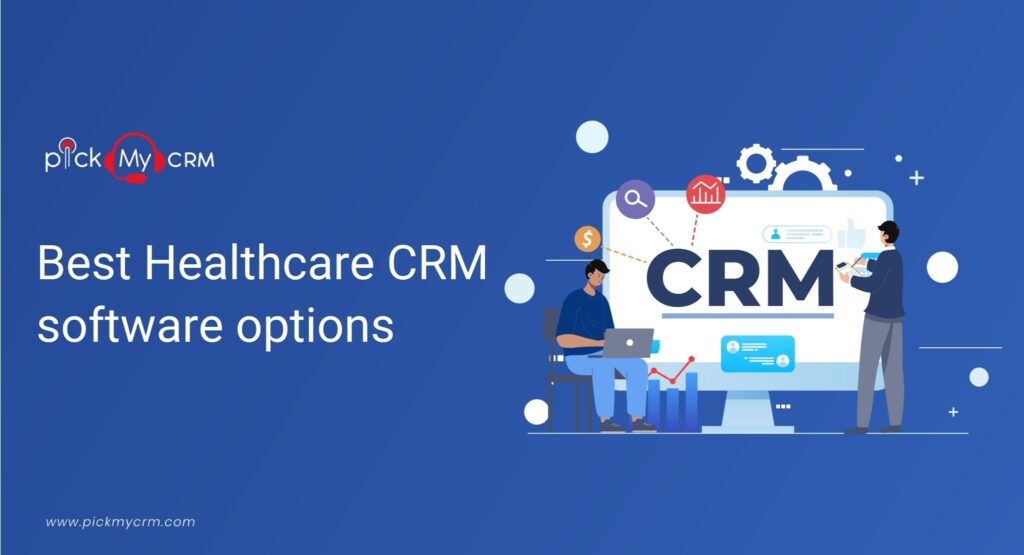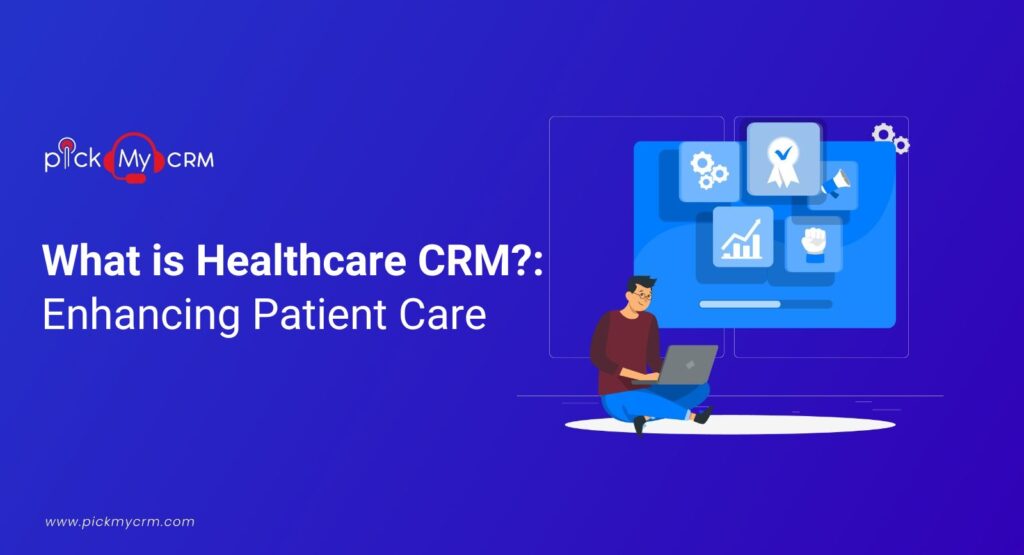Healthcare CRM Customization: Enhancing Efficiency and Patient Engagement

What is CRM in Healthcare?
CRM in healthcare refers to the strategic implementation of customer relationship management principles and technologies within the healthcare industry. It involves the use of software systems to collect, manage, and analyze patient data, enabling healthcare organizations to streamline processes, improve patient communication, and deliver personalized care. By harnessing CRM, healthcare providers can build stronger relationships with patients, enhance patient satisfaction, and drive better clinical outcomes.What is Customization in CRM?
Customization in CRM refers to tailoring the CRM system according to the specific needs and requirements of a healthcare organization. It involves adapting the software to align with the organization's unique workflows, processes, and patient engagement strategies. Through customization, healthcare providers can optimize the CRM system to capture, analyze, and utilize data in a way that maximizes efficiency and patient satisfaction. It allows organizations to create a personalized experience for both patients and healthcare professionals, ultimately improving overall healthcare delivery.Customization of Healthcare CRM
1. Streamlining Workflows:
Customization empowers healthcare organizations to design their CRM system to align with their existing workflows. By integrating CRM software seamlessly into daily operations, healthcare professionals can streamline administrative tasks, automate processes, and reduce manual errors. This not only saves time and resources but also allows healthcare providers to focus more on patient care, fostering better clinical outcomes.2. Tailored Patient Communication:
Every patient is unique, and customization enables healthcare organizations to tailor their communication strategies accordingly. With a customized healthcare CRM, organizations can create personalized messaging, automate appointment reminders, send targeted health education materials, and proactively engage with patients through their preferred channels. Such tailored communication enhances patient engagement, fosters trust, and empowers patients to actively participate in their healthcare journey.3. Advanced Data Analytics:
Customization unlocks the power of advanced data analytics within healthcare CRM systems. By customizing data collection fields and integrating them with electronic health records (EHRs), healthcare providers can gain deeper insights into patient populations, identify trends, and make data-driven decisions. Customizable reporting and analytics modules enable organizations to track key performance indicators, measure patient satisfaction, and optimize resource allocation, resulting in more efficient and effective healthcare delivery.4. Scalability and Integration:
Healthcare organizations evolve, and customization ensures that the CRM system can adapt to changing needs. Customization allows for scalability, enabling the addition of new features and functionalities as the organization grows. Furthermore, integration with other healthcare systems, such as EHRs, telemedicine platforms, and billing software, can be seamlessly achieved through customization, creating a unified ecosystem that enhances operational efficiency and data integrity.How to Customize a CRM in Healthcare
- Deliberate Prerequisites: Commence with a comprehensive contemplation of the organizational objectives and the idiosyncrasies of healthcare operations. This contemplation serves as the crucible for customization endeavors.
- Select a Versatile CRM: Opt for a CRM platform that proffers the requisite customization flexibility. Salesforce Health Cloud and Microsoft Dynamics 365 for Healthcare are stalwarts in this regard, with specialized healthcare CRM solutions also gaining traction.
- Unearth User Nuances: Ascertain the intricacies of user roles within the healthcare continuum, encompassing physicians, nurses, administrative staff, and patients. An acute understanding of their exigencies forms the bedrock of an efficacious customization strategy.
- Tailor-made Data Fields: Forge bespoke data fields to hoard specialized patient information and other healthcare-specific data, endowing your CRM with a discriminating edge.
- Interconnectivity: Integrate the CRM seamlessly with existing healthcare systems, including Electronic Health Records (EHRs) and billing software, to forge an unhindered data ecosystem.
- Shielding the Sanctum: Fortify the CRM with robust security measures to ensure compliance with stringent healthcare regulations, especially the hallowed HIPAA norms.
- Automate with Precision: Craft custom workflows to automate mundane tasks, such as patient onboarding and appointment scheduling, unlocking newfound administrative efficiencies.



